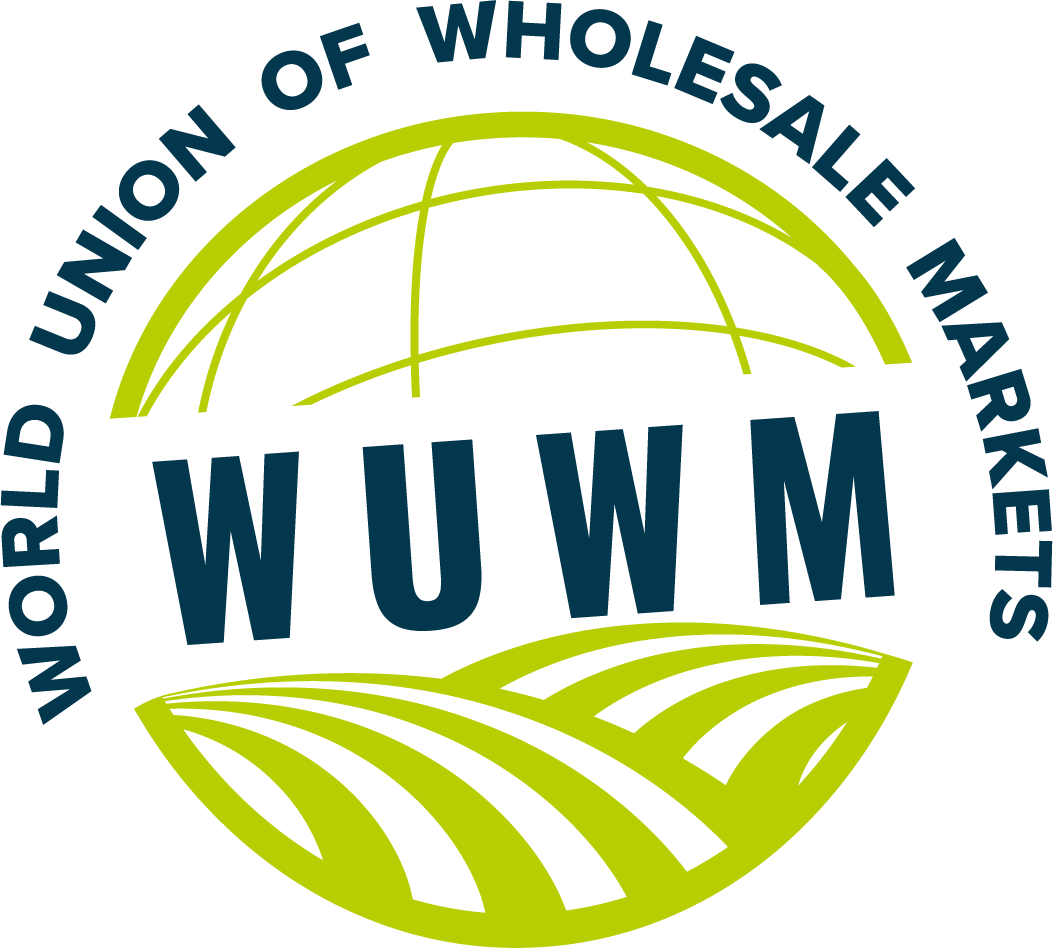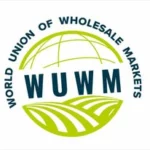Executive summary:
During the WUWM Conference in Shenzhen experts discussed the immense progress, development, and future prospects of the Chinese wholesale industry. Furthermore, attendants discussed that specialized IT systems are an important tool to improve B2B e-commerce. Specialized IT systems also support sharing trade and product information with the main aim of ensuring flexibility in supply-demand, promoting transparency, supporting logistical efficiency, and educating producers, wholesalers, and independent retailers. In ensuring that wholesale and retail markets transition to a low carbon emission industry, new trends towards green innovation were discussed including market renovations with an emphasis on environmental protection.
The key outcomes of this meeting are:
- WUWM notes the immense progress and development that has been made in circulation and logistical processes within the Chinese agricultural product industry. On 8 October 2011, the Chinese Prime Minister, Mr. Wen Jiabao, in a statement to the Executive Meeting of the State Council, encouraged further organization and modernization of Chinese agricultural product circulation, along with a strengthening of the link between production and marketing. The framework to support these goals included: reduced handling, decreased costs, an individualized agricultural product information network, and a strengthened traceability system for quality and safety. This framework will result in more effective, fluent, safe, and orderly circulation
- In supporting improved product circulation, the future will require an emphasis be given to environmental protection – especially through the lowering of carbon emissions, the promotion of green safety, and mutual collaboration
- The host of this WUWM Conference, Shenzhen Agricultural Products Co. Ltd (SZAP), can be considered a leader in the ‘HiGreen’ idea. WUWM considers SZAP a company representative of the responsible wholesale market mission, which is to guarantee food supply, stabilized prices, and food safety as well as to be supportive to innovative developments within the agricultural industry.
- To ensure business effectiveness, market managers, wholesale and retail traders must collaborate by ensuring a common focus and approach is made to meeting the challenges of the future. To this end, new technologies and specialized IT systems are an important tool to improve B2B e-commerce as well as to share trade and product information with the main aim of ensuring flexibility in supply-demand, promoting transparency, and supporting logistical efficiency. It is also useful in educating producers, wholesalers and independent retailers about trends and best practices in the industry.
Main issues discussed:
- Promoting Business Cooperation between Markets
- Wei Sun, CEO, Shenzhen Agricultural Produce Exchange Centre, China
- Ignacio Cruz Roche, President, Mercasa, Spain
- Ali Al Roqba, General Manager. AlWafir Marketing Services Company K.S.C.C, Kuwait
- The Green Wholesale Market
- Marc Spielrein, President, SEMMARIS, France
- Shaoqun Chen, Chairman, SZAP, China
- Brad Latham, CEO, Sydney Markets, Australia
- Torsten Berens, Director, Hamburg Market, Germany
- Market Renovation and Design in Pacific Areas
- Xin Yu, General Manager, Nanning HiGreen Wholesale Market, China
- Dr J. S. Yadav, CEO, Premium Farm Fresh Produce, New Delhi, India
- Prof. Hiroji Fujishima, Tokyo University of Agriculture, Japan
- The Modern Market Authority and Trader Relationship
- Don Darnall, Executive Director, MFCA, Maryland, USA
- Wenzhao Zhu, General Manager, Shanghai Agricultural Products Central Wholesale Market, China
- Eric Poncin, President, MABRU, Brussels, Belgium
- Alfredo Neme Martinez, Tultitlan Market, Mexico
WUWM Declaration 21 October 2011 (unanimous agreement of):
- We note the immense progress and development that has been made in circulation and logistical processes within the Chinese agricultural product industry. On 8 October 2011, the Chinese Prime Minister, Mr Wen Jiabao, in a statement to the Executive Meeting of the State Council, encouraged further organization and modernization of Chinese agricultural product circulation, along with a strengthening of the link between production and marketing. The framework to support these goals included: reduced handling, decreased costs, an individualized agricultural product information network, and a strengthened traceability system for quality and safety. This framework will result in more effective, fluent, safe and orderly circulation, matching the theme of this conference – Global Collaboration: the Future Market.
- In supporting improved product circulation, the future will require an emphasis be given to environmental protection – especially through the lowering of carbon emissions, the promotion of green safety, and mutual collaboration. The host of this WUWM Conference, Shenzhen Agricultural Products Co. Ltd (SZAP), can be considered a leader in the ‘HiGreen’ idea. We consider SZAP a company representative of the responsible wholesale market mission, that being to guarantee food supply, stabilized prices, and food safety as well as to be of support to innovative developments within the agricultural industry.
- SZAP provides 23 million tons of fresh produce to 200 million citizens in China annually, offering 150,000 employment positions as a result of its existence. It is representative of the current reform of the Chinese agricultural industry. At present there are two SZAP HiGreen markets in operation, with 7 more under construction. The new Shenzhen HiGreen market has achieved innovative excellence in construction, information technology systems, integrated environmental protection, food safety traceability systems, logistical processes, financial services, and B2B as well as B2C business operations, successfully combining the goals of security, environmental protection and efficient operation. In particular, we note their achievement of a modern food laboratory for third party testing on the market, and the development of an electronic trading system which supports the agricultural product food supply chain from farm to table.
- Furthermore, WUWM notes the following important points as a result of the technical discussions held during this conference:
- To ensure business effectiveness, market managers, wholesale and retail traders must collaborate by ensuring a common focus and approach is made to meeting the challenges of the future. To this end, new technologies and specialized IT systems are an important tool to improve B2B e-commerce as well as to share trade and product information with the main aim of ensuring flexibility in supply-demand, promoting transparency and supporting logistical efficiency, in combination with education of the producers, wholesalers and independent retailers.
- Presentations made during the Conference highlighted the many positive and important contributions HiGreen markets are making to the Chinese food supply chain. Many interesting and successful developments are also taking place in other parts of the world, with growing relevance of environmental development aspects in which wholesale market managers play a key role. Furthermore, markets throughout the world are initiating important developments in food safety and hygiene. Certification, traceability and good practice are now providing a common basis for food crisis prevention and/or management.
- The widening distance between production areas and expanding cities has prompted Asian governments to consider wholesale market planning, construction and modernization in order to secure the quantity and diversity of products needed. In depth presentations of the trends and perspectives of wholesale markets in Japan, China and India showed three very different situations, each of them offering important opportunities and challenges as regards the future for improvements in development and networking.
- The foundation of successful markets lies in collaborative relationships between the market authority and traders and the ensuing ability to quickly adapt to the global forces impacting the market and the customers the market serves.


